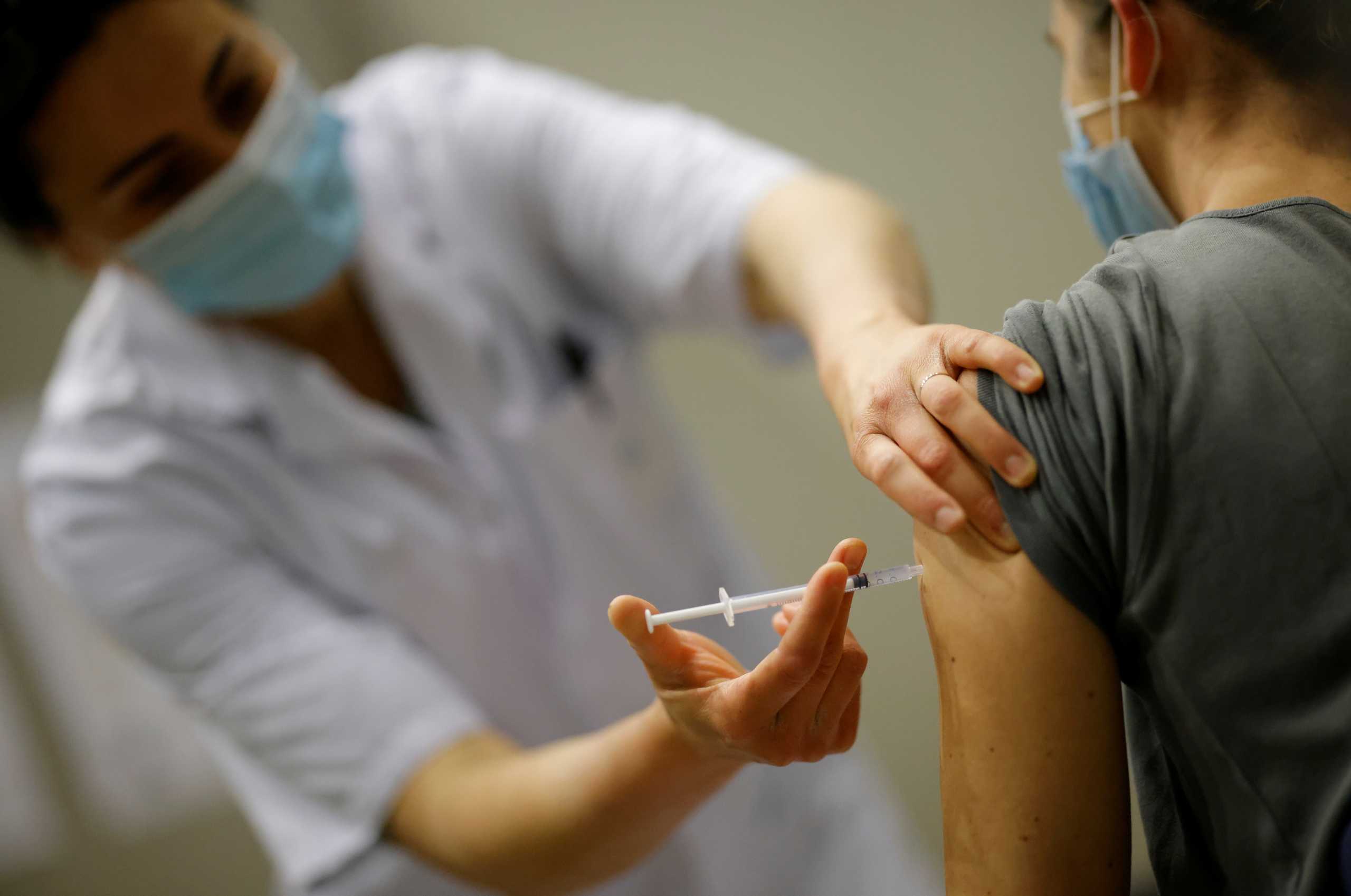The effectiveness of the flu vaccine is being tested study. It is reminded that its maximum effectiveness flu vaccine occurs shortly after vaccination and is followed by an average reduction of 8% to 9% each month. In older people there is a faster decrease. However, a number of studies show that antibodies to the flu virus are reduced by a third within four to five months after vaccination.
This is why the annual flu vaccine for children and adults is recommended. However, according to a recent study published in the prestigious journal Clinical Infectious Diseases, a delay of one or two months of annual vaccination can improve the effectiveness of the flu vaccine by 10% to 20%.
The Doctors of the Therapeutic Clinic of the Medical School of the National and Kapodistrian University of Athens, Eleni Kormomboki, Theodora Psaltopoulou and Thanos Dimopoulos (Rector of EKPA) summarize the data of this study.
The study participants came from a database in the US, which records patients who were hospitalized due to acute respiratory infection during periods of influenza outbreak during the years 2015-16 to 2018-19. The study included patients who had a cough or expectoration 10 days before admission. Patients who tested positive for the flu were compared with those who tested negative (control group).
Patients who had been vaccinated at least 14 days before the onset of flu symptoms were defined as vaccinated. The researchers analyzed the effectiveness of the vaccine in relation to the need for hospitalization for influenza. 3,016 adults (mean age 60 years) with influenza A (H3N2), 1,492 patients with influenza A (H1N1) and 1,060 patients with influenza B / Yamagata were included.
In total, 34% of the study population had been vaccinated by the end of September, 77% by the end of October, 92% by the end of November and 97% by the end of December.
The results were adjusted taking into account factors such as age, nationality, time of year, history of previous hospitalizations and indications of underlying diseases. The effectiveness of the flu vaccine relative to the need for flu treatment decreased by an average of 7.5% –8.5% for every 30 days after vaccination, depending on the type of flu. These findings were more pronounced in elderly patients over the age of 65, with a reduction in vaccine efficacy of an average of 10.8% for every 30 days after vaccination.
The researchers conclude that a possible delay in vaccination against the flu for one or two months can improve the effectiveness of vaccination by 10% to 20%. Alternatively, re-vaccination 3 to 4 months after the first dose or the release of a more potent influenza vaccine with a longer duration of antibody response could be considered. Given the high morbidity but also the high number of deaths from influenza per year, the results of the study can have a great benefit for public health. Finally, flu vaccination experience can help to better understand and optimize COVID-19 vaccination strategies.
READ ALSO
